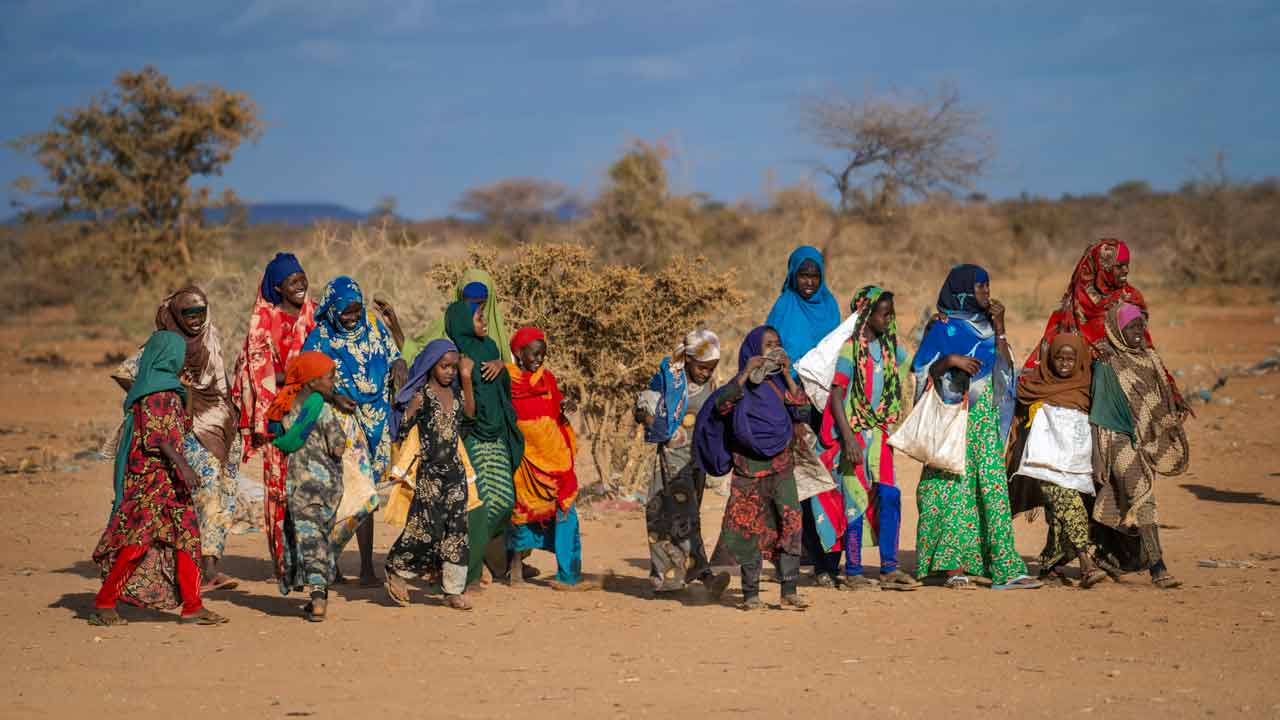The Facts
In a report released Tuesday, the UN suggested that a famine declaration in Somalia has been narrowly averted due to the response of humanitarian actors and local communities. However, the still "catastrophic" situation risks tipping into famine in southern Somalia in the coming months.
The report suggests that 8.3M people are expected to face "crisis" or worse conditions between April-June 2023, due to "the impacts of five consecutive seasons of poor rainfall, a likely sixth season of below-average rainfall from March to June 2023, and exceptionally high food prices, exacerbated by concurrent conflict/insecurity and disease outbreaks."
The Spin
Pro-establishment narrative
The generosity of the international humanitarian community and the UN system is all that has kept Somalia from temporarily slipping into a catastrophic famine. If a full-court press of aid isn't scaled up, early next year could be a nightmare. In a world with an unstable climate, a sixth-straight failure of the rainy season will cause mass suffering — we can and must ensure that food security is a sustained reality.
Establishment-critical narrative
Hot-button issues like famine declarations are always part of a complex political tapestry. The current Somali government is worried that a formal famine declaration may prompt unstable rural-to-urban migration, play into the hands of al -Shabaab, and divert international funds away from investment, development, health care, education, and climate resilience. While the global community needs to address food insecurity, it must sensitively support the holistic needs of Somalia also.


